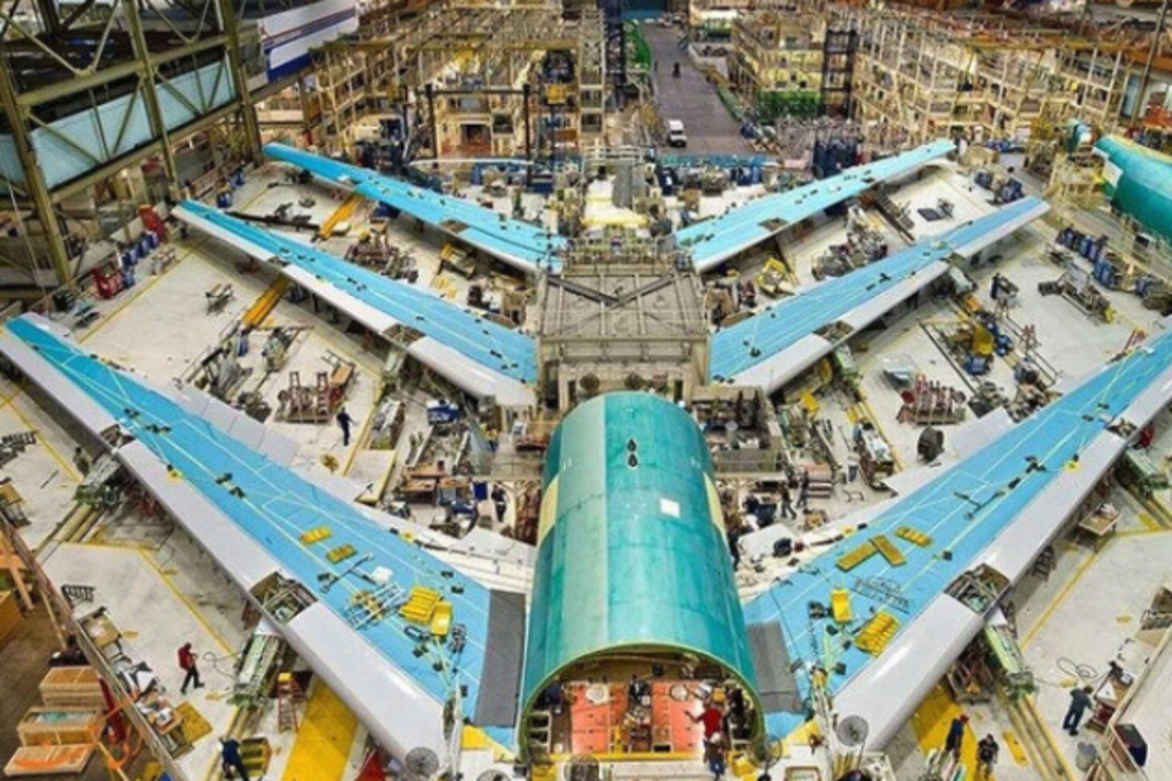Ireland’s Ryanair eyes China’s COMAC if tariffs hike Boeing costs
Robert Besser
05 May 2025

DUBLIN, Ireland: Ryanair has issued a sharp warning: if U.S. tariffs under President Donald Trump's trade policies raise the cost of Boeing aircraft, the airline may cancel orders for hundreds of jets and explore alternative suppliers—including China's COMAC.
As one of Boeing's biggest customers, Ryanair's threat underscores the global stakes of the escalating tariff dispute. In a letter to a senior U.S. lawmaker, CEO Michael O'Leary said the tariffs could jeopardize the airline's order for 330 Boeing 737 MAX aircraft, worth over $30 billion at list prices.
"If the U.S. government proceeds with its ill-judged plan to impose tariffs, and if these tariffs materially affect the price of Boeing aircraft exports to Europe, then we would certainly reassess both our current Boeing orders and the possibility of placing those orders elsewhere," O'Leary wrote.
The letter was a response to U.S. Representative Raja Krishnamoorthi, who had raised security concerns about Ryanair's earlier remarks regarding possible interest in COMAC.
While Boeing did not immediately respond, industry sources said O'Leary's tone had clearly hardened. In April, he threatened delivery delays, and in March, he expressed confidence that Boeing aircraft would be exempt from tariffs.
Airline and aerospace insiders note that most aircraft contracts don't specifically account for tariffs and that buyers typically bear their own taxes. However, the uncertainty is prompting many companies to review future contract language.
O'Leary also acknowledged that Ryanair hasn't held discussions with COMAC since 2011 but said the Chinese planemaker could be considered if its aircraft were 10–20% cheaper than those offered by Airbus.
Still, switching suppliers may prove difficult. COMAC's C919 jet is smaller than Ryanair's current Boeing fleet and lacks European certification. Airbus, the only certified Western rival, is fully booked through the end of the decade.
Boeing, meanwhile, is trying to offload planes that remain undelivered due to U.S.-China tensions. Analysts say full cancellations are rare, as they risk airlines losing their place in the production queue and slowing growth.
Previous court filings and industry sources suggest planemakers typically resist cancellations by invoking supply chain delays or other excusable factors.
As the tariff fight plays out, O'Leary's letter may also serve as a strategic move ahead of intense negotiations with Boeing behind the scenes, one industry source noted.
